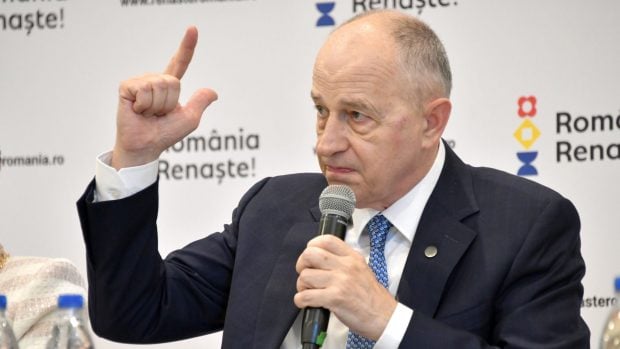Ignore for now what they became and recall the radical vision that fuelled their rise – and made the nation embrace them
Alex Niven is the author of Definitely Maybe, a book about Oasis for the 33 1/3 series
Judging by the reaction to the announcement of the Oasis reunion, it would seem that the most powerful of all 1990s drugs is nostalgia. For some hoary veterans of the Britpop era, the reunion gigs next summer will be an opportunity to dust off the old Reni hat, slip on a pair of faded Adidas Gazelles and recall an apparently simpler time. Meanwhile, for Oasis sceptics, the reunion will be nothing more than an example of what the French dramatist Émile Augier once called “nostalgie de la boue” – the desire to wallow in the mud and remember a tacky, regretful, slightly seedy experience from the collective past.
Somewhere between the sycophancy of Oasis stans and the cynicism of their detractors lies the truth about the band’s legacy. I sympathise with the view that Oasis heralded the rise of a certain strand of cultural conservatism in the mid-90s. But it’s also true that there was a good deal of radicalism – or at least radical potential – in their early output and its cultural effects. Right now, as a New Labour revival government struggles to inspire the public, and as people in Britain search for better forms of collective identity than the toxic populism of the right and far right, we could do a lot worse than remember what was so socially meaningful about the Oasis phenomenon in the first place.
Alex Niven is a lecturer in English literature at Newcastle University and wrote a book about Oasis’ Definitely Maybe for the 33 1/3 series

:format(jpeg):quality(80)/wp-content/uploads/2024/09/reteta-zacusca-cu-mere.jpg)
:format(jpeg):quality(80)/wp-content/uploads/2024/09/dorinel-munteanu-otelul-galati-scaled.jpg)

:format(jpeg):quality(80)/wp-content/uploads/2024/09/trenuri.jpg)
:format(jpeg):quality(80)/wp-content/uploads/2024/09/fructe-de-toamna-diabetici.jpg)
:format(jpeg):quality(80)/wp-content/uploads/2024/09/adversare-europa-league.jpg)
:format(jpeg):quality(80)/wp-content/uploads/2024/09/tanar-mort-in-accident-teleorman.jpg)

:format(jpeg):quality(80)/wp-content/uploads/2024/09/inundatii-1.jpg)

:format(jpeg):quality(80)/wp-content/uploads/2024/09/whatsapp-image-2024-09-14-at-201904.jpeg)
:format(jpeg):quality(80)/wp-content/uploads/2024/08/planta-nu-imbratranesti-aur-verde.jpg)

:format(jpeg):quality(80)/wp-content/uploads/2024/09/raphinha-si-sotia-sa-natalia-scaled.jpg)
:format(jpeg):quality(80)/wp-content/uploads/2024/09/vopsea-naturala-par-carunt.jpg)
:format(jpeg):quality(80)/wp-content/uploads/2024/09/a-murit-profesoara-de-la-umf-iasi-scaled.jpg)

:format(jpeg):quality(80)/wp-content/uploads/2024/09/whatsapp-image-2024-09-06-at-24648-pm.jpeg)





:format(jpeg):quality(80)/wp-content/uploads/2024/09/dan-petrescu.jpg)

:format(jpeg):quality(80)/wp-content/uploads/2024/09/cudalbi-1.jpg)

:format(jpeg):quality(80)/wp-content/uploads/2024/09/cat-traieste-un-gandac-de-bucatarie-de-fapt.jpg)

